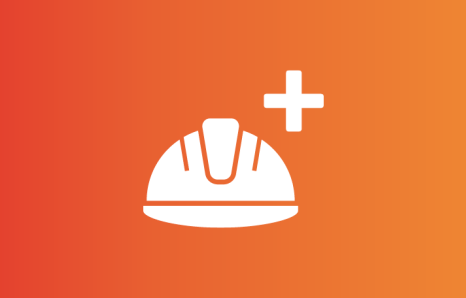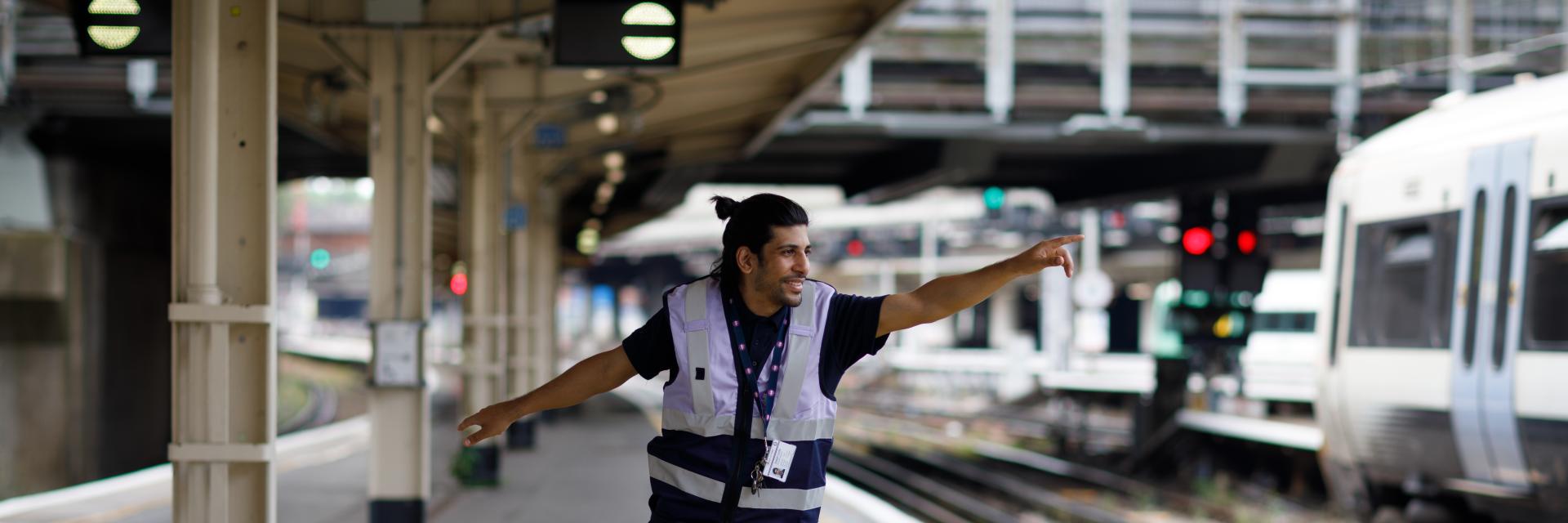Closing the listening gap and listening effectively can create not just a safer workplace but also a culture where people can thrive and feel psychologically safe, improving wellbeing. This session covers what listening well looks like and introduces the concept of safety silence and its potential consequences. We also challenge you to think about how you hear different people and how this can affect inclusivity at work – and beyond.
You may also be interested in:

Melanoma skin cancer
Watch this talk on melanoma awareness and prevention. Learn how to protect your skin from harmful UV rays with simple tips like using SPF 30+ sunscreen, covering up, and spotting early signs such as changing moles. Featuring survivor David Bateson and Susanna Daniels, CEO of Melanoma Focus, this short session offers expert advice and personal insights to help you enjoy the sun safely.

Health and wellbeing data dashboard
Research analysts and health & wellbeing specialists showcase the new dashboard designed to help the rail industry and rail organisations to measure employee wellbeing – with data insights and discussion.

Occupational hygiene within the rail industry: What can it do for you?
Too often we measure our exposure to harm only after that harm has happened. The RWA Occupational Hygiene Management Group talks about how it’s time for a new, proactive strategy, that helps us to avoid risks, ultimately to improve quality of life for our colleagues.
